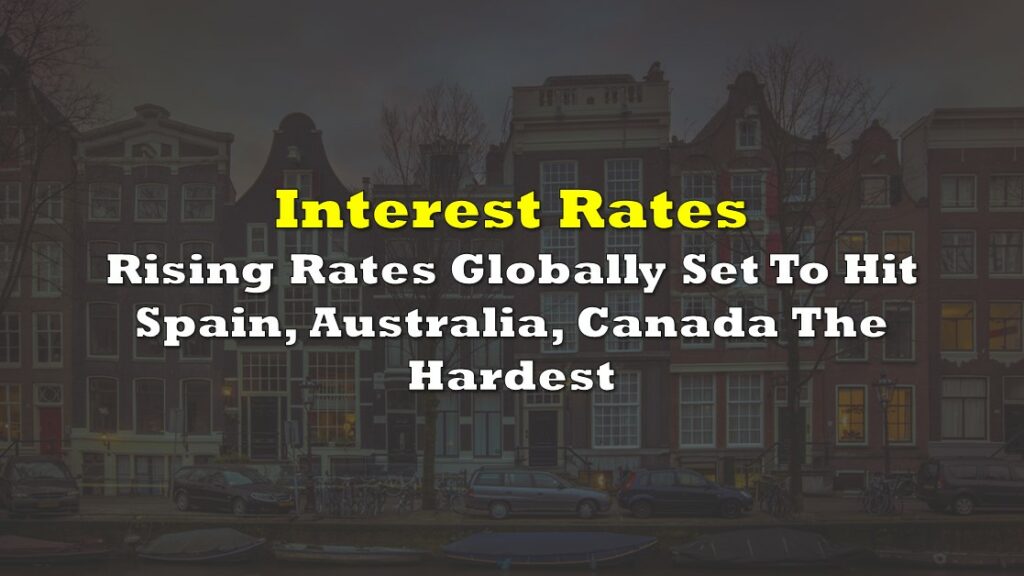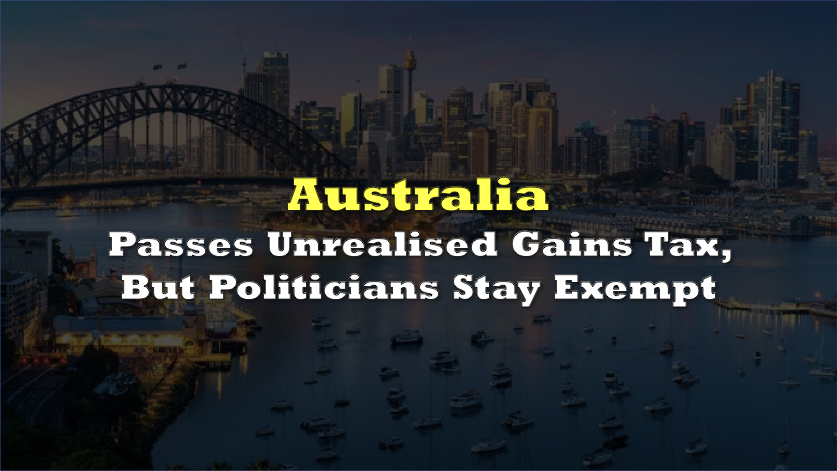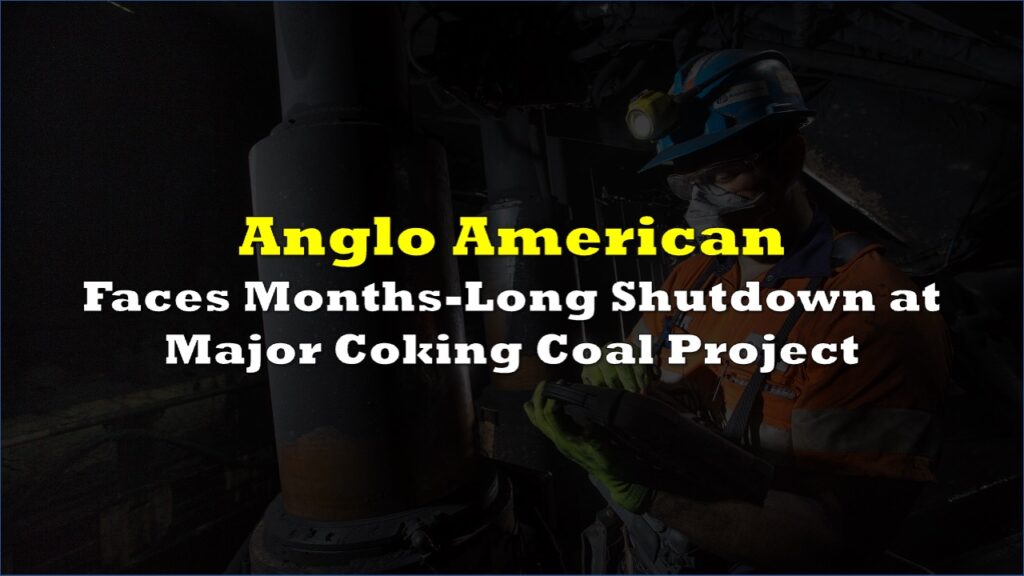Australia has unveiled plans for legislation that would block social media access for children under 16. The initiative was announced by Prime Minister Anthony Albanese as a response to mounting parental concerns.
Albanese said that moms and dads like him “are worried sick about the safety of our kids online,” and that he wants Australian families to know that the government has their back.
The landmark proposal shifts responsibility to tech platforms, requiring them to demonstrate concrete measures preventing underage access. Current young users will retain their accounts, with enforcement falling under the jurisdiction of the national eSafety Commissioner rather than targeting individual users. Implementation would begin after a 12-month transition period, with subsequent evaluations planned to assess its effectiveness.
The initiative has created a rift among child welfare advocates. Critics, including a coalition of more than 100 academics and 20 organizations united under the Australian Child Rights Taskforce, argue for a more nuanced approach focused on platform safety standards. They cite UN guidelines emphasizing the importance of maintaining children’s access to digital benefits while ensuring their protection.
Meanwhile, supporters like the 36Months campaign, backed by over 125,000 Australians, highlight research linking excessive platform use to developmental concerns and rising mental health issues among adolescents. Their position emphasizes the vulnerability of developing minds to social media’s psychological impact.
Responding to suggestions that digital literacy education might suffice, Albanese highlighted the fundamental power disparity between young users and tech giants. He pointed to aggressive algorithms and involuntary exposure to inappropriate content as key concerns that education alone cannot address.
The proposal faces significant practical hurdles, particularly regarding verification methods and enforcement. Similar initiatives in Europe have encountered substantial resistance and implementation difficulties. Australia’s approach notably excludes any parental override provisions, maintaining a strict age threshold regardless of guardian consent.
The measure represents one of the most aggressive attempts globally to regulate youth social media access, setting a potential precedent for other nations grappling with digital age restrictions.
This also isn’t Australia’s first major intervention in digital platform regulation. In 2021, the country introduced the News Media Bargaining Code, requiring tech giants like Google (Nasdaq: GOOGL) and Meta (Nasdaq: META) to pay news organizations for content displayed on their platforms.
That legislation, which focused on fair compensation for news content, established Australia as a pioneer in creating new frameworks for platform-publisher relationships. Canada attempted to follow suit with Bill C-18, the Online News Act.
Information for this story was found via BBC, and the sources and companies mentioned. The author has no securities or affiliations related to the organizations discussed. Not a recommendation to buy or sell. Always do additional research and consult a professional before purchasing a security. The author holds no licenses.









